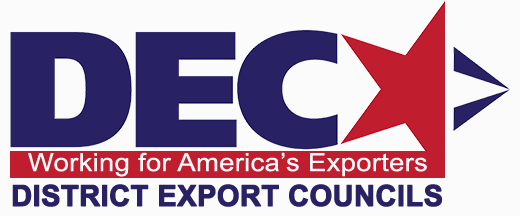International Commercial Terms are used to establish the shipping responsibilities of exporters and importers in contracts. They define the type of transportation, and the risks and costs of the two parties.

Since 1936, the International Chamber of Commerce has set and administered Incoterms. They have been regularly updated to reflect the ongoing evolution of logistics and international transportation.
Each Incoterm is represented by 3-letter acronyms, which clearly spell-out the parties’ obligations, thus avoiding the chance of a misunderstanding. They set the precise moment for the transfer of responsibilities from seller to buyer.
Incoterms today
As of January 1st, 2020, Incoterms 2020 are in effect. There are now 11 Incoterms which are divided into two categories: those applying to all modes of transportation, and those applying only to maritime and inland waterway shipping.
Incoterms for any mode of transportation:
- EXW (EX works) meaning picked-up at the factory.
- FCA (Free carrier) meaning delivered to the carrier.
- CPT (Carriage paid to) meaning the seller pays shipping to the carrier a specific spot.
- CIP (Carriage and insurance paid to) same as above, but seller also pays for shipping insurance.
- DPU (Deliveredat Place Unloaded) same as above, but goods are unloaded for the buyer at a specific spot.
- DAP (Delivered at place) same as above, but goods are delivered to buyer’s actual location.
- DDP (Deliveredduty paid) same as above, but seller also pays the import duty. (Be careful; this can be risky.)
Incoterms only to maritime shipping:
- FAS (Free alongside ship) means the goods are delivered to the dock, ready for loading on the ship.
- FOB (Free on board) means the customer assumes ownership when the goods are loaded onto the ship.
- CFR (Cost and freight) same as above, but the seller pays for the ocean freight.
- CIF (Cost, insurance and freight) same as above, but the seller pays for shipping insurance.
Choosing the right Incoterm
Choose carefully, because Incoterms legally define both the risks and costs of the exporter. You should consult with your freight forwarder, and decide how to balance your appetite for risk against the desire to offer customer-friendly terms. Most exporters are very careful with new overseas customers, especially those in high-risk markets.
To learn more, you can purchase the Incoterms guide from Amazon.com for about $10. You can also watch our Incoterms webinar.
Finally, we offer a free downloadable pdf Incoterms chart.
